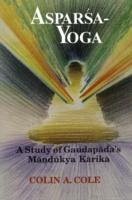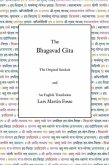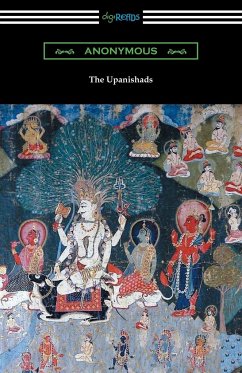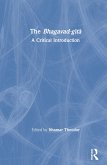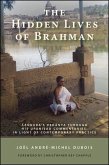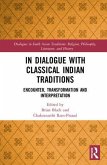Contents: Preface. Introduction. 1. Gaudapada as philosopher and preceptor. 2. The Mandukya Karika Gaudapada. 3. Stylistic elements of Gaudapada's Mandukya Karika. 4. The philosophy of Gaudapada's Mandukya Karika. 5. The phenomenology and meta-psychology of the Mandukya Karika. 6. The soteriology of Gaudapada's Mandukya Karika. 7. The synthesis of philosophy and religion in Gaudapada's Mandukya Karika. Bibliography. Appendix. Index. "The purpose of this book is to investigate the nature of the soteriology, the quest for liberation, of Advaita Vedanta. The enquiry restricts itself to a concrete example of this tradition to illustrate the problem. There are two major areas explored in this study. The first involves the inter-relation and inter-dependence of philosophy and religion. Gaudapada and his text are used to illustrate the synthesis of these two aspects within Advaita Vedanta. They are found to be inter-twined and mutually influence each other. Secondly, the religio-spiritual dimensions of Gaudapada's Mandukya Karika in both its theoretical and practical levels are given prominence. Gaudapada is presented herein more as a religious preceptor than as a systematic philosopher. The Mandukya Karika is also examined as a teaching text from this perspective. Gaudapada's use of scripture and reasoning is explored to understand the synthesis of philosophy and religion inherent in the teachings. His use of various teaching devices is found to support the view that Gaudapada's teachings are essentially religious or spiritual. Gaudapada first presents a theoretical understanding of man's spiritual situation and the goal of liberation. Then he describes the actual practices prescribed to achieve this goal experientially and indicates the results which are said to accrue from them."
